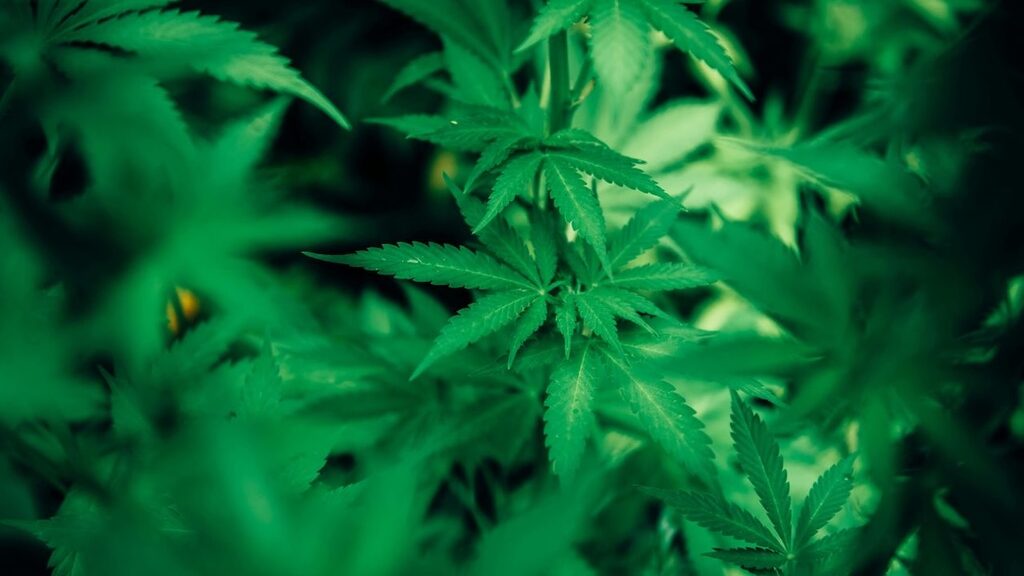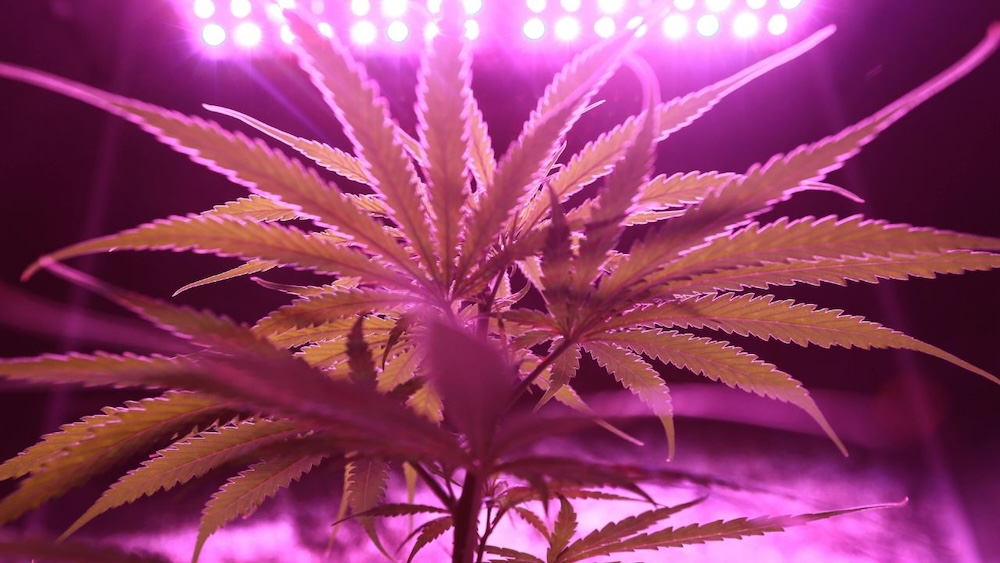Marijuana, also known as weed, pot, or cannabis, is a psychoactive drug derived from the Cannabis plant. While some states have legalized its use for medical or recreational purposes, weed remains a controlled substance under federal law. Chronic weed use can lead to addiction and a variety of negative health consequences. However, quitting weed can provide numerous benefits to an individual’s physical and mental well-being.
What is Weed?
Weed contains tetrahydrocannabinol (THC), the primary psychoactive compound responsible for the “high” users experience. When consumed, THC enters the bloodstream and binds to cannabinoid receptors in the brain, affecting various functions such as memory, concentration, perception, and coordination. Regular weed use can alter brain chemistry and lead to dependence, making it difficult for users to quit.
How Weed Affects the Body
The effects of weed on the body can be extensive. Smoking weed can cause respiratory issues, such as chronic bronchitis and lung infections. It can also weaken the immune system, making users more susceptible to illnesses. Additionally, weed use has been linked to an increased risk of heart attack, especially in individuals with pre-existing heart conditions.
Weed use can also have a significant impact on mental health. Chronic use has been associated with an increased risk of anxiety, depression, and other psychiatric disorders. THC can also impair memory, attention, and learning abilities, leading to decreased cognitive function over time.
Benefits of Quitting Weed
Quitting weed can provide a range of benefits for both physical and mental health.
Improved Lung Function
One of the most immediate benefits of quitting weed is improved lung function. Within just a few weeks of quitting, former weed smokers may notice easier breathing and reduced coughing. This is because smoking weed can cause damage to the lungs and airways, leading to respiratory issues such as chronic bronchitis and lung infections. By quitting weed, individuals can allow their lungs to heal and function more efficiently.
Better Sleep Quality
Chronic weed use can disrupt sleep patterns and cause insomnia. THC can interfere with the body’s natural sleep-wake cycle, making it difficult for users to fall asleep and stay asleep. Quitting weed can lead to better sleep quality, as individuals are no longer relying on the drug to induce sleep. This can lead to increased energy levels and improved overall well-being.
Enhanced Cognitive Function
Cognitive function can also improve after quitting weed. THC can impair memory, attention, and learning abilities, but these effects are typically reversible once an individual stops using the drug. Former users may notice improved focus, clearer thinking, and better memory retention. This can lead to increased productivity and better performance at work or school.
Improved Mental Health
Mental health can also benefit from quitting weed. Chronic weed use has been associated with an increased risk of anxiety, depression, and other psychiatric disorders. Quitting can help alleviate these symptoms and improve overall mental well-being. Additionally, quitting weed can lead to a greater sense of motivation and productivity, as individuals are no longer relying on the drug to cope with stress or other emotional issues.
Financial Benefits
Quitting weed can also have financial benefits. Chronic weed use can be expensive, with users spending significant amounts of money on the drug each month. By quitting, individuals can save money and allocate their resources towards more productive pursuits, such as saving for the future or investing in personal growth.
How Texas Recovery Centers Can Help
For those struggling with weed addiction, seeking professional help can be crucial to a successful recovery. Texas Recovery Centers offers comprehensive addiction treatment programs tailored to each individual’s unique needs. Our team of experienced professionals provides evidence-based therapies, including cognitive-behavioral therapy and contingency management, to help clients overcome their addiction and develop the skills necessary for long-term recovery.
At Texas Recovery Centers, we understand the challenges of quitting weed and are committed to supporting our clients every step of the way. Our compassionate staff creates a safe and supportive environment where individuals can focus on their recovery and build a foundation for a healthier, more fulfilling life.
Our treatment programs are designed to address the physical, psychological, and social aspects of addiction. We offer a range of services, including medical detox, individual and group therapy, family counseling, and aftercare planning. Our goal is to help clients develop the tools and strategies necessary to maintain long-term sobriety and avoid relapse.

Recover With Texas Recovery Centers
Quitting weed can be a challenging process, but the benefits are well worth the effort. By improving physical and mental health, enhancing cognitive function, and providing financial benefits, quitting weed can lead to a happier, healthier, and more fulfilling life.
If you or a loved one is struggling with weed addiction, don’t hesitate to reach out for help. Call Texas Recovery Centers today at 888-354-2194 to learn more about our treatment programs and take the first step towards a brighter, weed-free future. Our team of experienced professionals is here to support you every step of the way and help you achieve lasting recovery.













